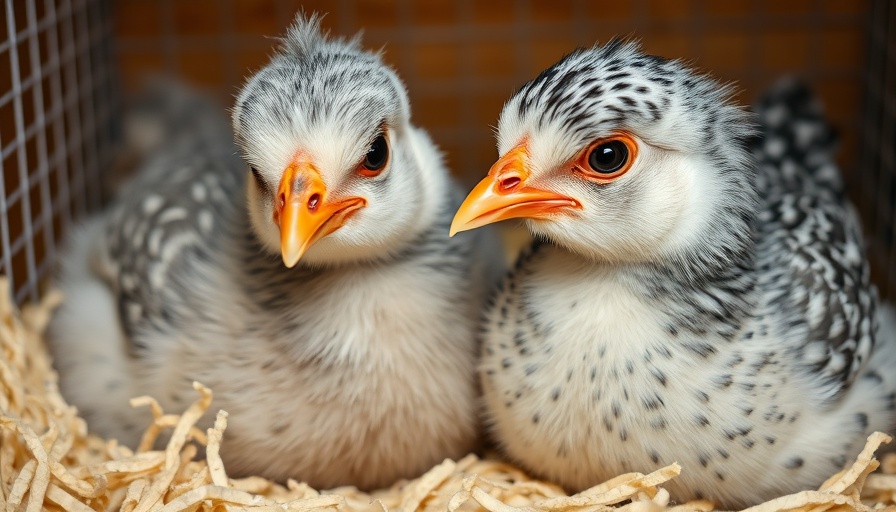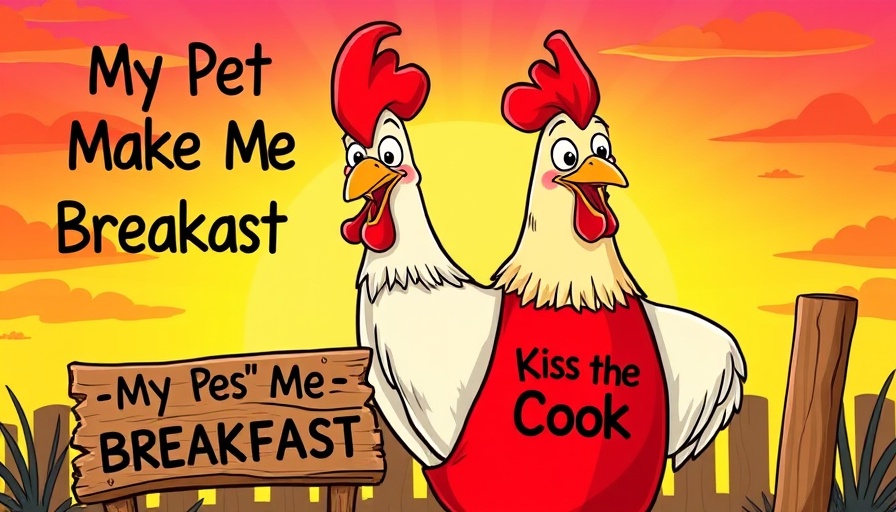
Can You Identify Chicken Breeds at Just Six Weeks?
As any chicken enthusiast knows, the journey to understanding your flock starts long before their first eggs are laid. At six weeks old, many first-time chicken keepers ask, "Can I tell their breed yet?" The truth is, while some physical characteristics begin to emerge, complete identification can still be a challenging task.
The Significance of Timing in Breed Identification
According to experts, six weeks is an important milestone in a chick's development. By this age, a chicken's physical traits—such as size, feather color, and leg structure—start to provide hints about its breed. However, complete identification often requires patience and close observation as some features mature more slowly.
Key Characteristics to Look For
Physical attributes such as comb type and feathered legs are crucial indicators of breed. For instance, the presence of feathered legs may signify breeds like Cochins or Silkies, while the comb shape can help differentiate between different breeds, such as single comb or rose comb varieties. Observing these traits can create a clearer picture of your chicks’ identities.
Consulting Online Resources
New chicken keepers can turn to online communities like BackYard Chickens for guidance. Various articles and forums feature detailed tips on identifying chicks, alongside images for comparison, which can assist in narrowing down possibilities. Specific details about temperaments and feather characteristics can also enhance your identification efforts.
Final Observations
Ultimately, while early signs can point towards potential breeds, true identification may not be confirmed until the birds are older. As an avian veterinarian with over 15 years of experience, I recommend being diligent and patient. In a few more weeks, you may gain a much clearer understanding of what your chicks are becoming. Enjoy watching them grow—you might discover surprises as they reach full maturity.
 Add Row
Add Row  Add
Add 




Write A Comment